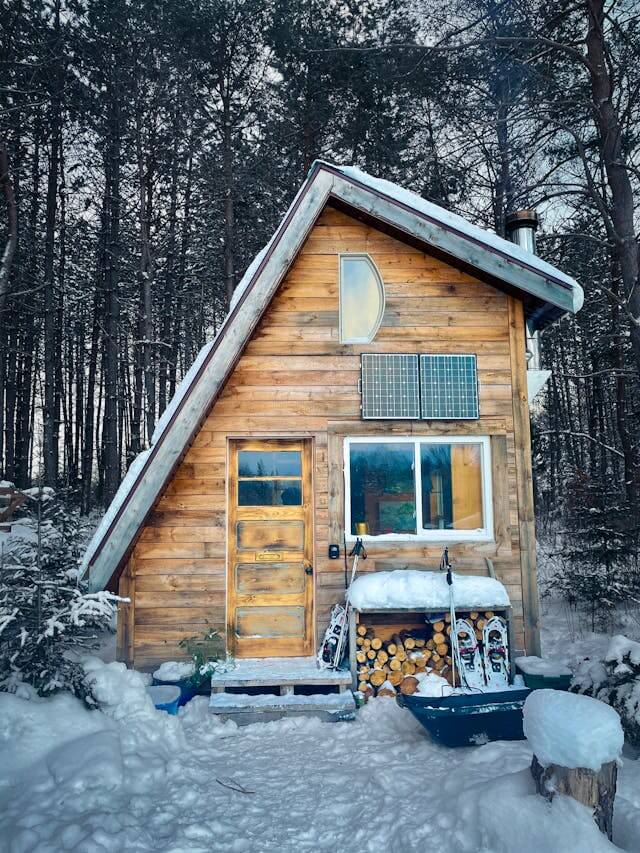Michigan Tiny House Zoning Laws Overview
Michigan’s land‑use framework centers on the **Michigan Zoning Enabling Act (PA 110 of 2006)**, which empowers cities, townships, villages, and counties to adopt and enforce zoning ordinances. The **Bureau of Construction Codes (LARA)** administers state building codes and adoptions, while local governments implement those codes through plan review and inspection. There is no statewide ADU mandate; eligibility for small dwellings on permanent foundations depends on local ordinances and district standards. By contrast, tiny houses on wheels (THOWs) are generally treated as trailers under the **Michigan Vehicle Code**, meaning long‑term residential use requires explicit local allowance or siting in a licensed/regulated community. The practical workflow is to determine whether your site is regulated by a municipality or only the county, review the applicable ordinance for ADU or small‑dwelling provisions, and coordinate with Building/Inspections on utilities, access, stormwater, and life‑safety under the current Michigan code cycle.
Michigan has no statewide ADU mandate; THOWs are typically treated as trailers unless a local ordinance allows dwelling use.
Understanding the zoning laws is just the first step. Once you know what is legal in Michigan, you can start looking at tiny houses for sale in Michigan or connect with experienced Michigan builders who work within these regulations. If you want a turnkey solution, consider joining a tiny house community in Michigan where all the zoning and permits are already handled.
Before you buy land or start construction, use our zoning finder tool to check specific county requirements, and get a budget estimate with our free tiny house cost calculator. If you're planning to go off-grid, check out our comprehensive off-grid living guide to understand utility and septic requirements.
Try Tiny Living in Michigan
Want to experience tiny house living before buying or building? Browse tiny house style rentals in Michigan to see if the lifestyle is right for you.
See tiny house rentals in Michigan on VrboAffiliate link. We may earn a commission if you book.
